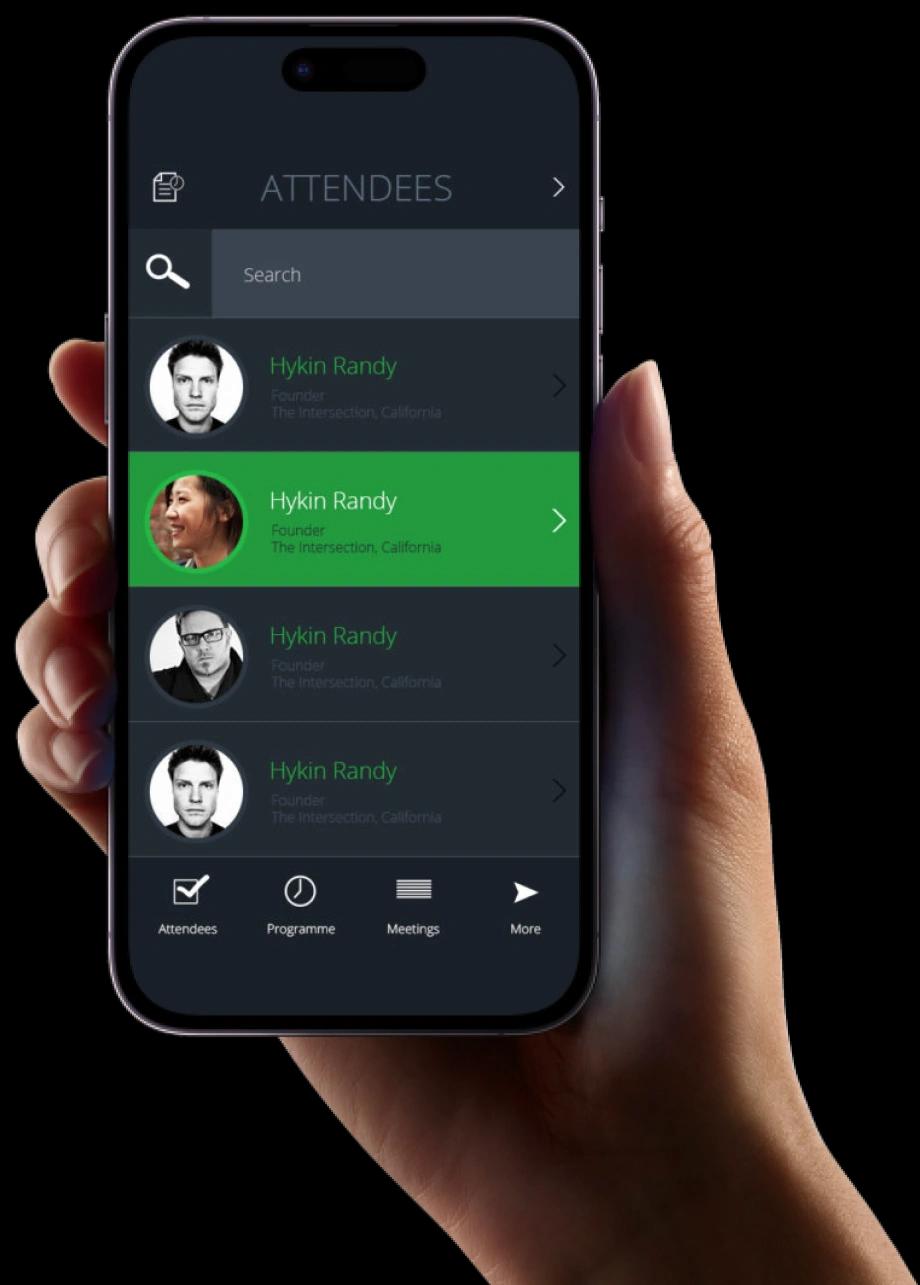Exaud Blog
Blog

Understanding IoT: What It Is, How It Works, and Its Real-World Applications
Learn about the Internet of Things (IoT) and how it affects smart homes, healthcare, and industries. See how connected devices share data and improve efficiency, and discover what the future holds for IoT technology.Posted onby ExaudThe Internet of Things (IoT) is changing how we connect with the world around us. From smart homes to connected healthcare, IoT devices communicate and share data, making everyday tasks easier and more efficient. But what exactly is IoT, and how does it work? Let’s break it down.
What Is IoT?
IoT, or the Internet of Things, is a network of physical devices - anything from your smartphone to your car - that can collect and exchange data through the internet. These devices are embedded with sensors and software that allow them to gather information, communicate with other devices, and even take action based on that data. In short, it’s about devices “talking” to each other to make processes more automated and intelligent.
How IoT Works
There are four key parts to an IoT system:
Devices and Sensors: These are the things collecting data. It could be your fitness tracker monitoring your steps or a thermostat measuring your home’s temperature.
Connectivity: The devices need to connect to the internet (or a local network) to share the data. This is done using Wi-Fi, Bluetooth, or cellular networks.
Data Processing: Once the data is sent, software processes it. For example, your smart thermostat processes temperature data to decide whether to turn the heating on or off.
User Interface: You can see and control this data through apps or websites. For instance, you can adjust the thermostat from your phone, no matter where you are.
Real-World Applications of IoT
IoT is all around us. Here are some examples:
1. Smart Homes
Think of smart lights, thermostats, and security cameras. They let you control everything from your phone, increasing convenience and saving energy.
2. Healthcare
Wearable devices like smartwatches track your health in real time. They monitor heart rate, activity, and sleep patterns. Doctors can use this data to monitor patients remotely. This improves care and reduces unnecessary hospital visits. Remote monitoring allows for quick interventions and better management of chronic conditions. By 2027, the wearable device market is expected to reach $90 billion.
3. Industry (IIoT)
Factories use the Internet of Things (IoT) to track equipment and predict failures before they happen, avoiding expensive downtime and repairs. By connecting sensors and devices, IoT streamlines production and boosts efficiency. Real-time data helps manufacturers manage resources better, enhance product quality, and cut costs.
4. Retail
Retailers are adopting IoT to enhance inventory management, optimize supply chains, and improve customer experiences. According to IoT Business News, cellular IoT devices in retail are expected to reach 217.7 million by 2028, powering smart shelves and real-time stock monitoring.
5. Smart Cities
Cities use IoT to manage traffic, reduce energy consumption, and monitor pollution. Sensors optimize traffic flow, cutting travel time by 20% according to the McKinsey Global Institute. IoT controls streetlights and optimizes energy use in buildings. Real-time pollution monitoring enables swift responses to environmental issues. Overall, IoT enhances urban efficiency and sustainability, improving residents' quality of life.
6. Agriculture
IoT is used in agriculture to monitor soil moisture, ensuring crops get the right amount of water while reducing waste and increasing yields. Real-time data from sensors enables informed watering decisions, conserving water and promoting sustainable farming practices.
Exaud’s IoT Expertise: Livescribe Case Study
At Exaud, we’ve worked on some significant IoT projects. One of our collaborations is with Livescribe, a company that developed a smartpen that bridges the gap between traditional writing and the digital world. The Livescribe smartpen lets users write on paper while automatically converting those notes into digital format. Our team worked on the app and firmware, making sure the pen and digital platform work together harmoniously. The pen’s sensors capture every stroke, syncing the data to your device in real-time. This project is a great example of how IoT connects the physical and digital worlds to create practical, user-friendly tech.
What’s Next for IoT?
The future of IoT is bright. With the rollout of 5G networks, we’ll see faster, more reliable connections between devices. This will enable advancements like autonomous vehicles, more efficient industrial systems, and smarter cities. According to IoT Analytics, the number of IoT-connected devices worldwide is expected to grow 13% to 18.8 billion by the end of 2024, with 22% of companies expecting their IoT budget to increase by 10% compared to 2023.
How Exaud Can Help
At Exaud, we specialize in creating tailored IoT solutions. Whether you’re developing a smart home product, improving industrial processes, or working on something unique like the Livescribe smartpen, we can help bring your ideas to life. Get in touch for a free consultation.
Related Posts
Subscribe for Authentic Insights & Updates
We're not here to fill your inbox with generic tech news. Our newsletter delivers genuine insights from our team, along with the latest company updates.